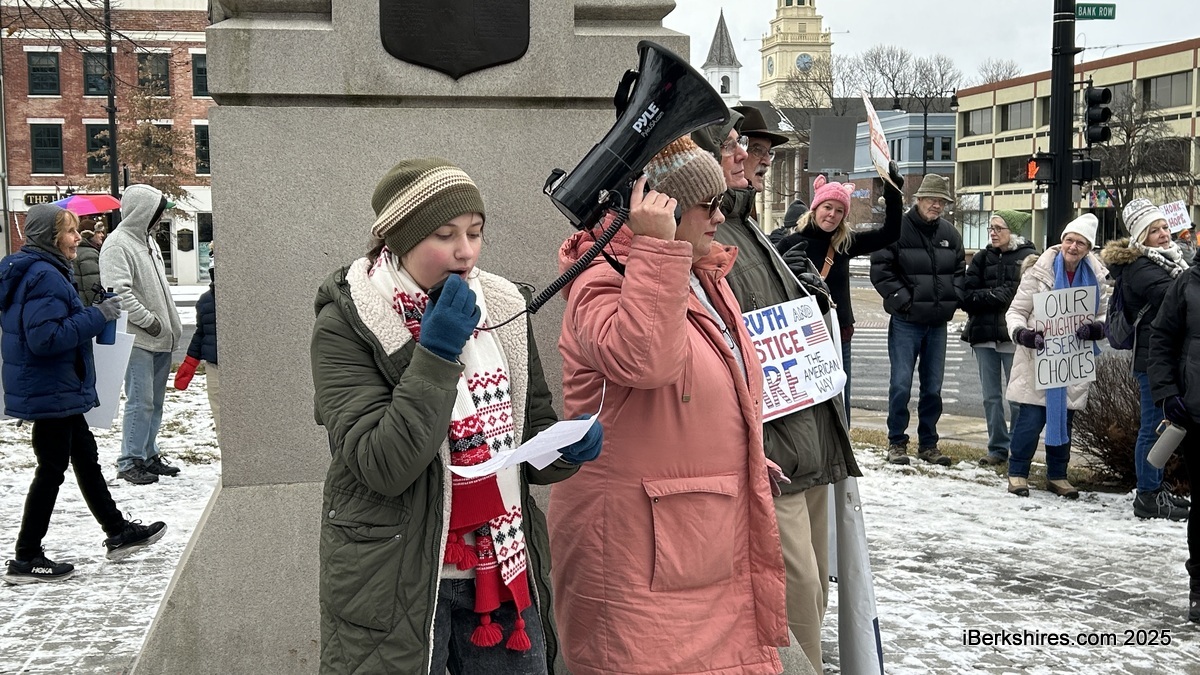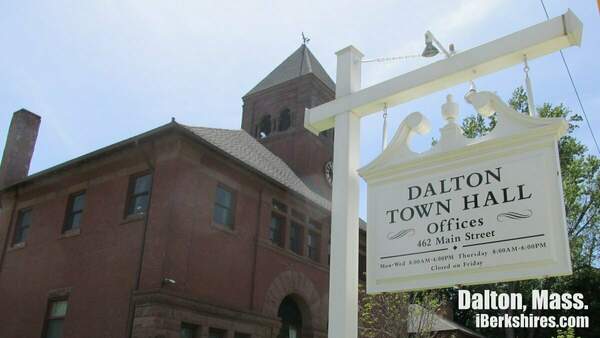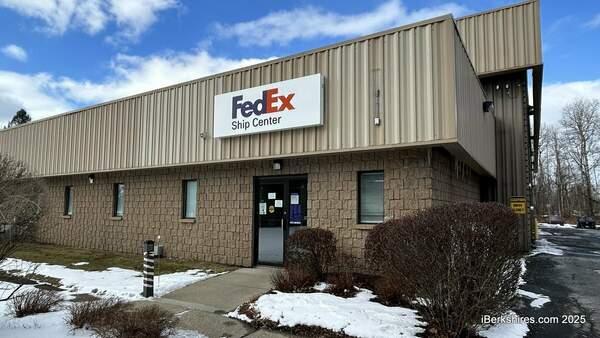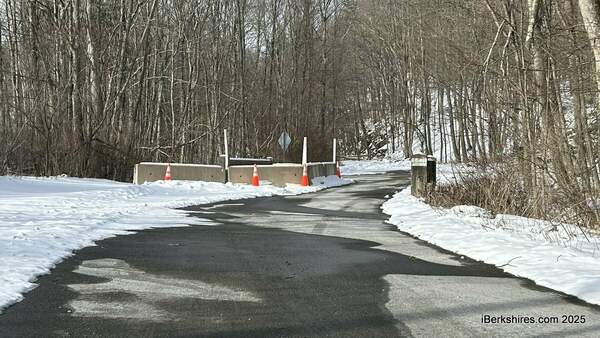Governor Announces Forests as Climate Solutions Initiative
BOSTON – As part of its "Forests as Climate Solutions" Initiative, the Healey-Driscoll Administration today released the Climate Forestry Committee's report containing recommendations to the Executive Office of Energy and Environmental Affairs (EEA) regarding enhanced climate-oriented forest management practices for Massachusetts based on the latest climate science.
The 12-member Committee of scientific experts emphasized the importance of keeping forests intact by enlarging forest reserves, increasing permanent conservation efforts, and reducing the conversion of forests to other uses. Noting the critical role forests play in mitigating dangerous climate change, the Committee urged the state to sharpen its land management focus on climate change mitigation and adaptation.
EEA is allocating $50 million to help communities conserve forested land and support forest-based businesses and local economies. EEA will invest this funding in forest conservation, including new forest reserves and incentives that encourage municipal and private landowners to adopt climate-oriented management approaches. This funding will help the state reach its climate goals, as set forth in the Clean Energy and Climate Plan, conserving 40 percent of Massachusetts' natural and working lands by 2050.
EEA is now seeking public input on the Committee's recommendations to inform the state's implementation of management guidelines for forest lands held by the Department of Conservation and Recreation's (DCR) Divisions of State Parks and Recreation and Water Supply Protection, and the Department of Fish and Game's (DFG) Division of Fisheries and Wildlife (MassWildlife). As planned, the six-month temporary pause on timber harvesting projects is over. During the public comment period, the State will review the paused projects and apply the Committee's recommendations.
In June, the Healey-Driscoll Administration launched "Forests as Climate Solutions" to increase the focus on forests and climate by investing in forest conservation, enhancing a network of forest reserves, and developing forest management guidelines based on the latest climate science. EEA convened the Climate Forestry Committee, a group of scientific experts, to bring their expertise and recommend a climate-centered approach for state lands. The Climate Forestry Committee's report offers guidelines to optimize carbon storage and resilience of state forests in alignment with the 2050 Clean Energy and Climate Plan (CECP).
"We've done the review – now we're following the science. It is encouraging to see that Massachusetts has been proactive in many ways when managing our forests, but our work is not done yet," said EEA Secretary Rebecca Tepper. "With these funds, we will empower communities to invest in this critical resource while boosting local economies that rely on our forests. These investments will pay dividends in the long term as we confront extreme weather and make progress on our climate goals."
Climate Forestry Committee Recommendations
Over six months, the Committee deliberated on recent science about how forests can affect climate change and how they are best managed for carbon storage and sequestration. The Committee centered its recommendations around the idea that forest management ranges along a spectrum from the most passive, hands-off approach, where nature takes it course, to active management, where interventions are targeted to advance specific forest conditions. Its recommendations covered several areas, including carbon stocks and sequestration, soils, natural disturbances, and habitat management, offering climate-centered approaches for each.
In addition, the Committee discussed strategies for maximizing carbon storage. The Committee agreed that carbon storage is greatest in older forests, and the state should allow forests to grow old while balancing goals for active management. The Committee also recommended strategies for pursuing active forest management in a climate-focused manner, including updating Best Management Practices and encouraging EEA to implement its Healthy Soils Action Plan to preserve soil carbon.
The Committee also recommended a reduction in habitat goals for species dependent on young forests, shrublands, and grasslands on MassWildlife lands to increase carbon storage and sequestration. Separately, as part of the Biodiversity Conservation in Massachusetts Executive Order, the Department of Fish and Game will evaluate and update habitat goals for 2030, 2040, and 2050 for Massachusetts.
Additionally, the Committee underscored the importance of natural disturbances for forests, and recommended, wherever possible, that dead trees be left on the ground for their biodiversity benefits – rather than removed.
Recognizing the impact pests, pathogens, and invasive plant species can have on natural and working lands, the Committee recommended that EEA evaluate each circumstance individually including the nature of the invasive pest or pathogen, the tree species impacted, the stage of the invasion, and the likelihood of successful intervention.
Overall, the Committee encouraged state agencies to be more specific about the rationale behind forest management projects and their carbon and climate implications, including for water supply protection and habitat management goals. It also called for more investment in data, science, and staffing resources for state forest lands.
Forest and Carbon Data
Understanding the essential role of forests and carbon, the administration has also developed an outline and framework for a publicly available dashboard that will launch in 2024, highlighting forest carbon metrics and trends. Projects planned for 2024 include engaging an external contractor to investigate where and how wood from Massachusetts forests is being utilized and the impact on carbon storage of use in long-lived wood products.
Landowner and Business Incentives
Working directly with private forest landowners representing 60 percent of Massachusetts' forests and forestry business owners representing the state's $5.4 billion market sectors, EEA will expand its successful Working Forest Initiative program. In 2024, the administration will take actions to increase technical assistance, incentivize practices that protect or enhance forest soils and carbon stocks, and promote forest resilience across private and municipal lands in Massachusetts via technical assistance from licensed foresters to advance climate-oriented forestry practices. In addition, an annual climate forestry event will be launched for all forest landowners and related businesses to exchange ideas, best practices, and innovations.
For more information regarding the "Forests as Climate Solutions" initiative and the Climate Forestry Committee's report, please visit the webpage.
















